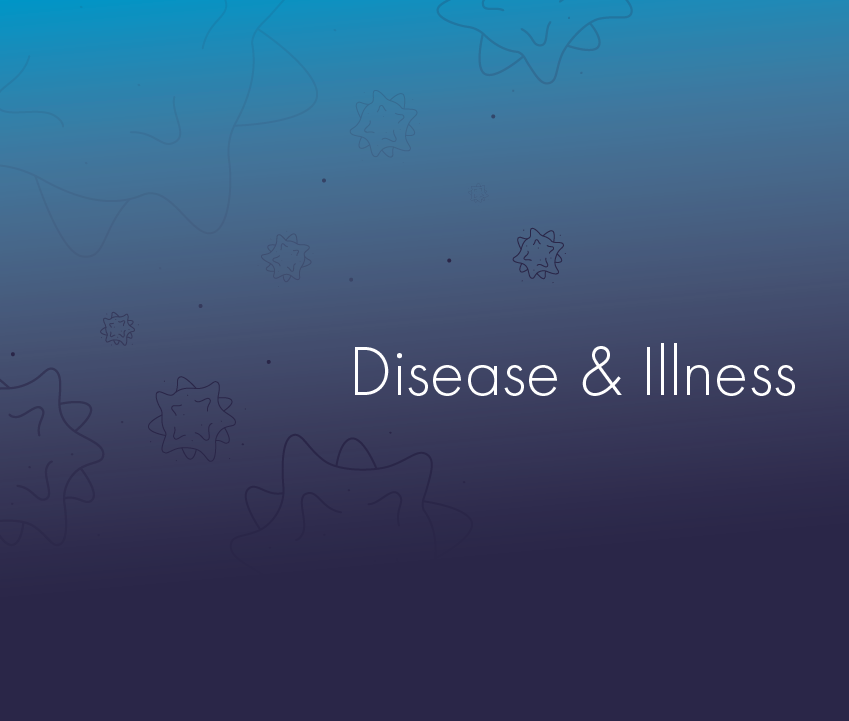Algoma Public Health
Cryptosporidiosis
What Is Cryptosporidiosis?
Cryptosporidiosis is a diarrhea disease caused by a microscopic parasite, Cryptosporidium parvum. It can live in the intestine of humans and animals and is passed in the stool of an infected person or animal. Both the disease and the parasite are also known as "Crypto." The parasite is protected by an outer shell that allows it to survive outside the body for long periods of time and makes it very resistant to chlorine disinfection.
Contact Us!
Sault Ste. Marie: 1-866-892-0172
Blind River: 1-888-356-2551
Elliot Lake: 1-888-211-6749
Wawa: 1-888-211-8074
Symptoms & Duration: Infection in persons with normal immune systems include diarrhea that lasts 1 to 2 weeks, often accompanied by abdominal cramps, fatigue, nausea, vomiting, and low-grade fever.
Incubation Period: People usually develop symptoms 2 to 10 days after ingesting the parasite.
Recovery, Long Term Effects & Immunity: Symptoms may come and go but usually resolve after 30 days. In persons with weakened immune systems, cryptosporidiosis can be chronic and life-threatening.
How Is Cryptosporidiosis Spread?
You can become infected after swallowing the parasite. Cryptosporidium may be found in soil, food, water, or surfaces that have been contaminated with the feces from infected humans or animals. Cryptosporidium can be spread:
- By putting something in your mouth or accidentally swallowing something that has come in contact with the stool of a person or animal infected with Cryptosporidium.
- By swallowing recreational water contaminated with Cryptosporidium. Recreational water is swimming pools, hot tubs, jacuzzis, fountains, lakes, rivers, springs, ponds, or streams that can be contaminated with sewage or feces from humans or animals. Note: Cryptosporidium is chlorine resistant and can live for days in pools.
- By eating uncooked food contaminated with Cryptosporidium. Thoroughly wash with uncontaminated water all vegetables and fruits you plan to eat raw.
How Do You Prevent Cryptosporidiosis Infection?
- Thorough hand washing is the best prevention. Wash hands after using the toilet, changing a diaper and before handling or eating food.
- Avoid drinking water from rivers, creeks and lakes. If you are uncertain whether the water has been properly treated (such as foreign travel) don’t drink it.
- Avoid food that might be contaminated. Wash with uncontaminated water and/or peel all raw vegetables and fruits before eating.
- Do not drink unpasteurized milk or milk products
- When traveling, camping or hiking or if a “boil water” advisory has been issued, bring the water to a boil for 5 full minutes. This water should be used for drinking, brushing teeth, rinsing dentures or contact lenses, making ice cubes, washing uncooked fruits and vegetables, and in recipes requiring water. Dishes should be washed with water that has been boiled.
- Avoid sex that involves anal contact.
Date of Creation: June, 2015
Last Modified: June, 2015










